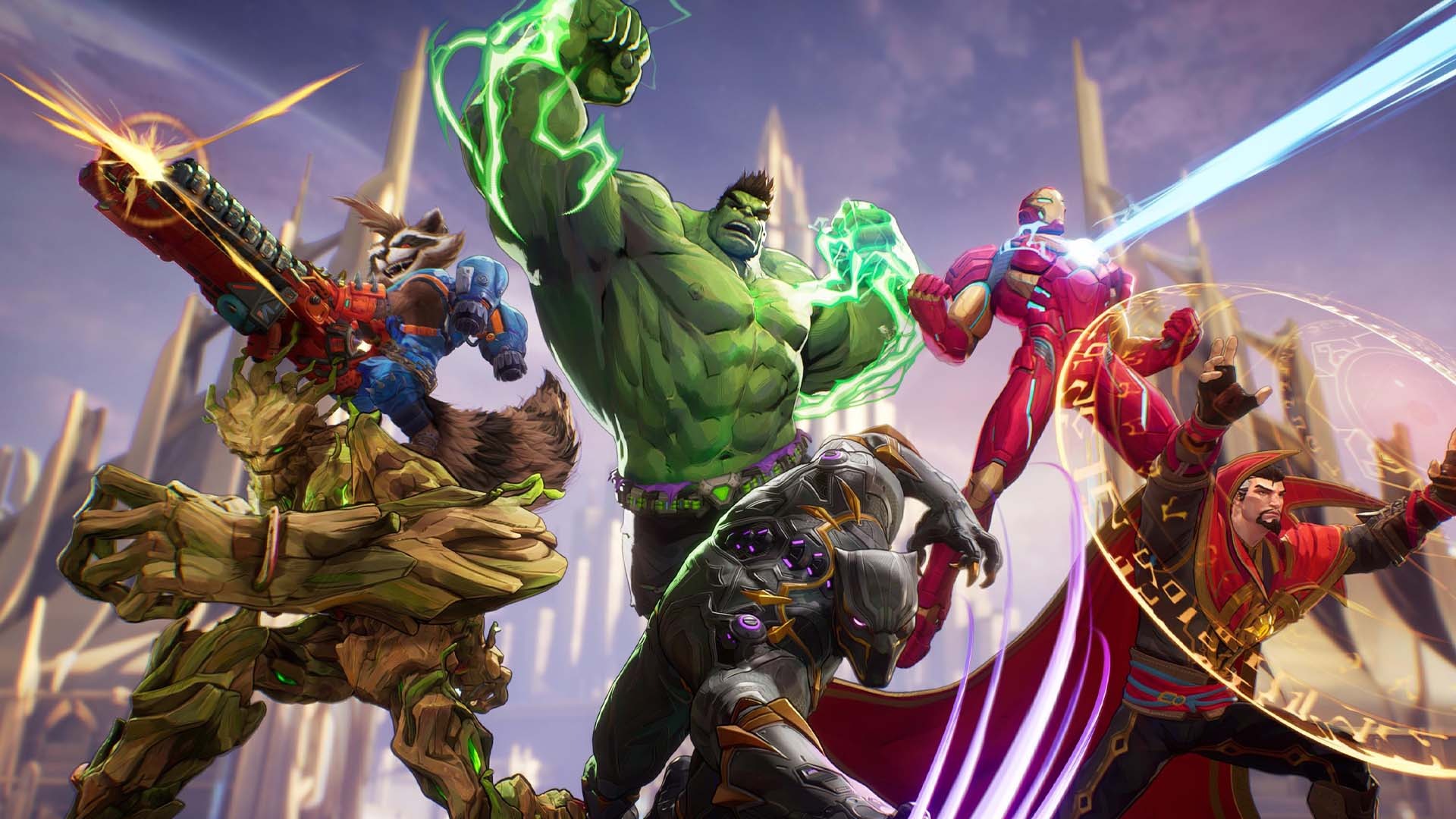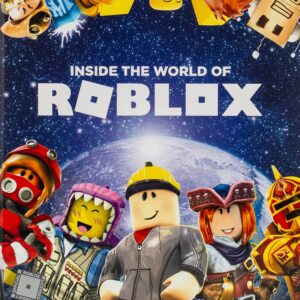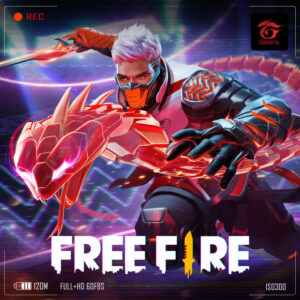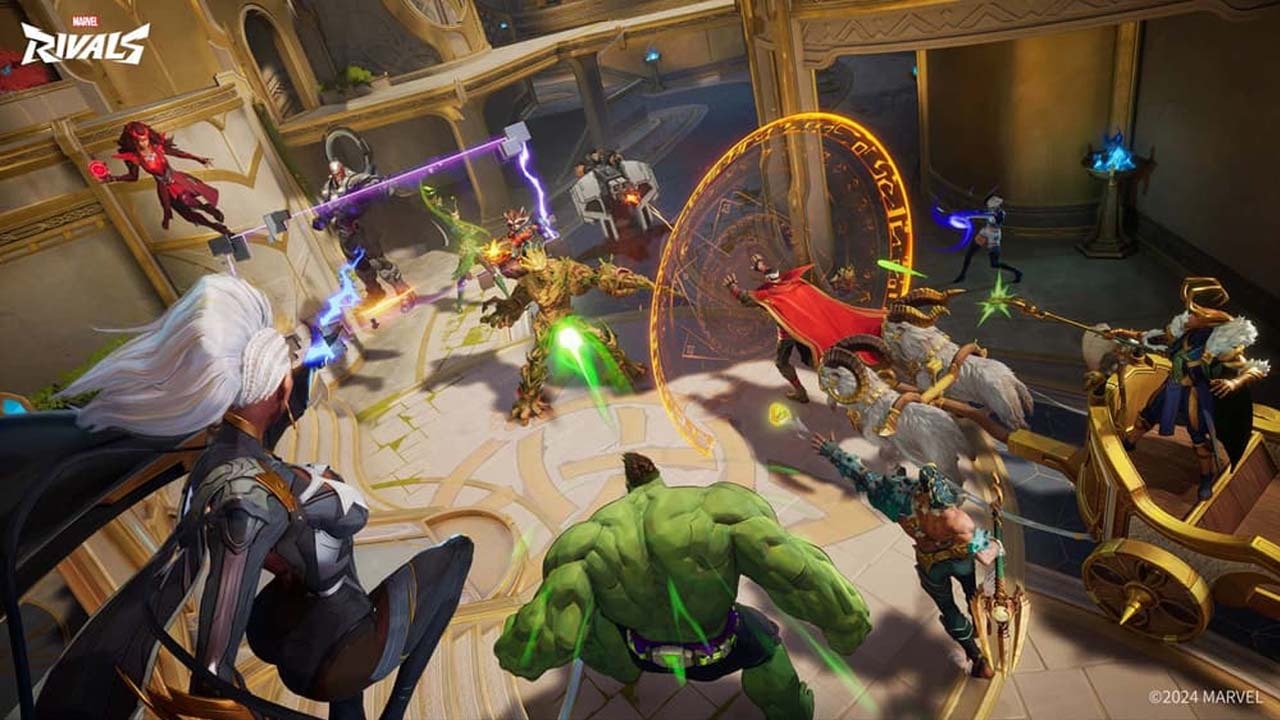No Role Queue for You: Marvel Rivals Devs Deny EOMM and Explain Their “Uninteresting” Hero Problem
Popular Now
 Stumble Guys
Stumble Guys
 Brawl Stars
Brawl Stars
 Among Us
Among Us
 Minecraft
Minecraft
 EA SPORT FC 25
EA SPORT FC 25
 Grand Theft Auto V
Grand Theft Auto V
 BeamNG.drive
BeamNG.drive
 Toca Boca World
Toca Boca World
 Free Fire Max
Free Fire Max
 Auto X Drift Racing 3
Auto X Drift Racing 3 
The online gaming community is always on the lookout for manipulative matchmaking, and Marvel Rivals has been under fire for months. A new video from the developers at NetEase was intended to clear the air, but it has only raised more questions. In the video, the lead combat designer, Zhiyong, directly addresses player accusations of using EOMM (Engagement Optimized Matchmaking), a system that supposedly engineers winning and losing streaks to keep players hooked. While the developer explicitly denies using EOMM, his explanation for why the game can’t have a role queue system like Overwatch 2 has become the new focus of a heated debate: he claims that the game’s own tank and support heroes aren’t interesting enough to warrant a dedicated queue.
The EOMM Debate: A Problem of Semantics
For months, a significant portion of the Marvel Rivals community has been convinced that the game’s matchmaking system is not based on skill alone. They’ve pointed to a phenomenon where you will have several good games in a row, only to be completely steamrolled in the next. This is a common complaint in games that are suspected of using EOMM, which is designed to maximize player engagement and retention, not necessarily fair competition. While NetEase has explicitly denied using EOMM, players are pointing to a 2020 paper by NetEase engineers that describes a system called “EnMatch,” which prioritizes player satisfaction through “highly contested matches.” This has led to a debate about semantics, with players arguing that while the system may not be called EOMM, it’s still prioritizing engagement over a balanced, fair match. The developers, for their part, have released a video explaining their system, stating that it’s a complex algorithm that considers team balance and the probability of overall performance but is not a form of EOMM.
- EOMM vs. EnMatch: The debate is centered around whether the game is using an “Engagement Optimized Matchmaking” system or a similar algorithm that has the same effect.
- A Question of Fairness: Players feel that the matchmaking system prioritizes engagement metrics over skill, leading to lopsided and frustrating games.
- The Developer’s Stance: The developers have repeatedly denied using EOMM and have released a video to explain their matchmaking system.
 The “Uninteresting” Hero Problem and the Role Queue Dilemma
The “Uninteresting” Hero Problem and the Role Queue Dilemma
The most controversial part of the developer’s new video came when Zhiyong explained why the game won’t adopt an Overwatch-like role queue system. Role queue, which ensures that a team has a balanced composition (e.g., two tanks, two damage-dealers, and two supports), has been a popular request from the community. However, Zhiyong explained that the game’s “Vanguard” (tank) and “Strategist” (support) heroes are not “interesting” enough to incentivize players to play them. He cited a disproportionate number of “Duelist” (damage-dealing) characters in the roster as the main reason for this problem. The developers are “gradually working to solve it” by adding more tanks and supports to the roster, but they have no plans to introduce a role queue. This reasoning has sparked a furious debate, with many players feeling that the developers are admitting to a core design flaw in the game’s hero roster. The community is now in a state of confusion, as they are not sure if the developers are a) being honest about a core design flaw, b) being manipulative to avoid implementing a role queue that would increase queue times, or c) simply incompetent.
The absence of a role queue means that teams are often unbalanced, with a disproportionate number of players choosing to play as Duelists, which can lead to a team composition that is ill-equipped to handle the enemy. While the developers have stated that they want to keep the game’s open-queue system to allow for “diverse comp strategies,” many players feel that it is a crutch for a lack of a clear, balanced system. While NetEase is working to add more heroes to the game, it remains to be seen if they will be able to balance the game’s roster in a way that makes a role queue a viable option. Until then, the community will continue to struggle with the matchmaking system and the “uninteresting” heroes that are at the heart of the problem.











 The “Uninteresting” Hero Problem and the Role Queue Dilemma
The “Uninteresting” Hero Problem and the Role Queue Dilemma